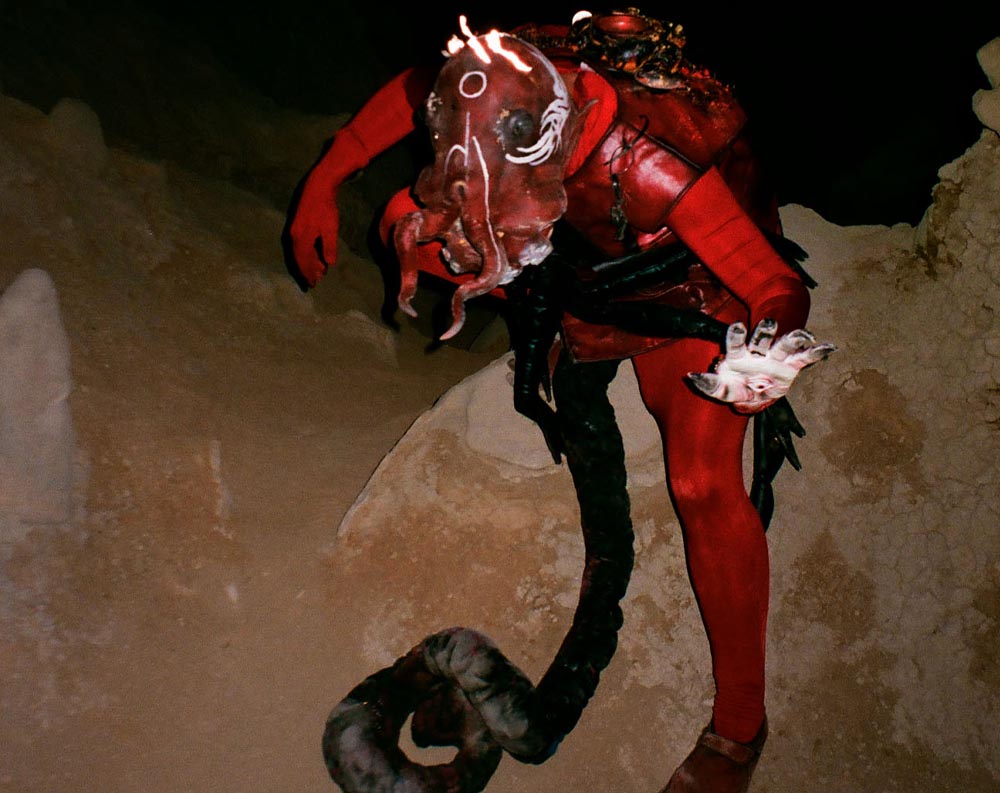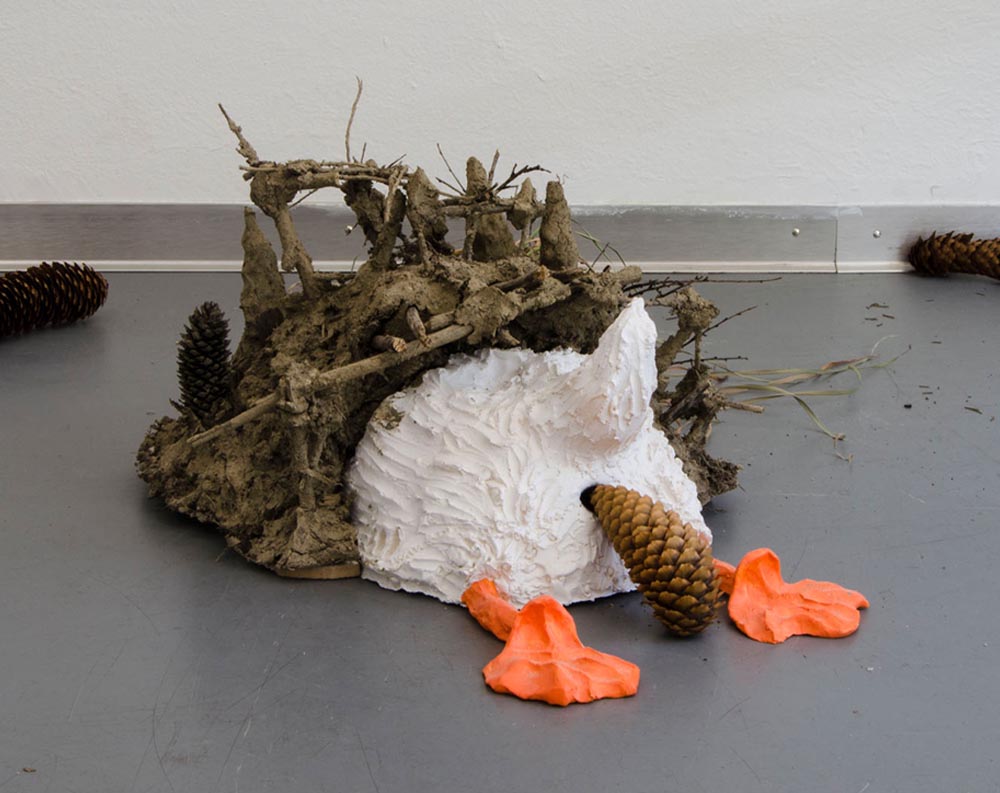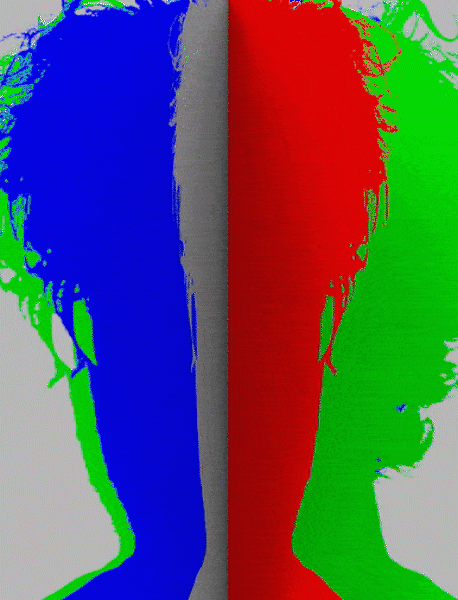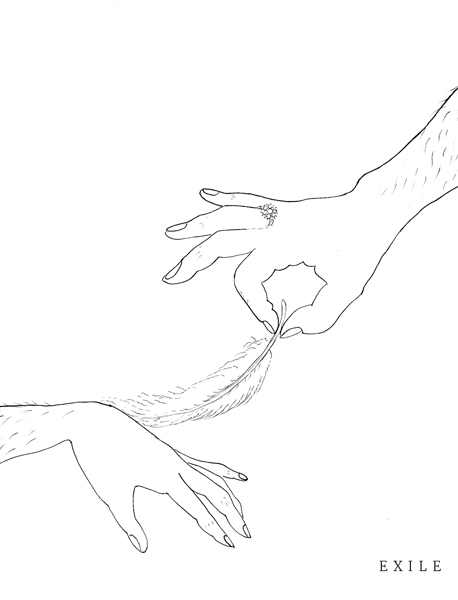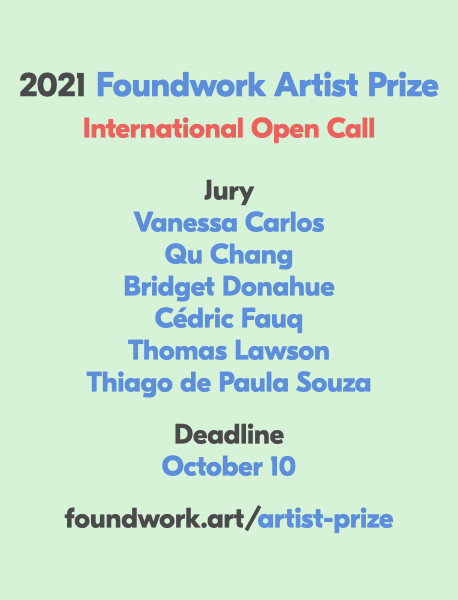OFLUXO
IRRESISTIBLE
Barbora Kleinhamplová in collaboration with Mistress Velvet
Curated by Jan Brož, Marika Kupková
At Centre for Contemporary Art FUTURA, Prague
September 07 — November 14, 2021
Photography by Jan Kolský
Interview by Jan Brož
Jan Brož: Why did you choose to explore the topic of BDSM?
Barbora Kleinhamplová: To me, BDSM[1] seemed an apt metaphor for power relationships in general and it centers around the issue of consent. The dominant and the submissive both have to agree beforehand on what their roles are going to entail – everything must be consensual. In role play, the actors follow a specific scenario based on the fantasies they wish to fulfill. Together they work to bring their yearnings to life, although there’s also another, lingering question: do these short-lived escapes from everyday reality have an impact on the actors’ actions after the role play ends? Can the play influence how the „slaves“[2] approach women and members of minorities afterwards in their daily lives?
I was captivated by the question whether BDSM can be thought of as a sphere of subversion through which an individual can bring about a broader societal change. It seemed intriguing to think of pleasure as something having the power to unlock reflection and change in power relationships – while such revolution would also be a kind one, because the men in fact desire it. It’s clear though that the relationships are not always arranged so that the woman is in the dominant role and moreover, not everybody is into BDSM. In reality, it would be hardly possible indeed to achieve a sweeping societal change this way.
And yet, I remain fascinated by the thought of BDSM as a sphere enabling the weakening of our society’s deeply rooted patriarchy and racism, just as Mistress Velvet’s story suggests.

Who was Mistress Velvet?
Velvet was a radical queer dom who worked with white cis men. Their practice drew upon their academic education – they read Black feminist theory together with their slaves. Sometimes they would make their clients write essays detailing the process of their self-reflection, understanding and take-aways from the texts. They might also punish the clients for unsatisfactory reflection. As punishment is something the subs already desire, it was a win-win of course. For Velvet, this consensual humiliation, education and questioning of the views of their privileged white cis clients was the source of a sense of “emotional reparations“.
At the same time they were successful in advancing some of their clients. The clients started supporting organizations helping women from the Afro-American diaspora or changed their behaviour towards and beliefs about people of color.
What is not mentioned in the film however is that Velvet strove for systemic change also from their position of the director of the social work platform SWOP[3] and as a community organizer, lecturer and activist working with rape survivors and in the field of sex education for children.
I believe Mistress Velvet was an inspiration to many, as I’m also mentioning in the film’s final credits, where it also says that they have passed away a few months ago. Mistress Velvet represented a strong and spirited figure in the context of BDSM role play, but the real human being behind the character was also very sensitive and fragile, which showed in their decision to end their life. This came as a shock to many, including myself.
It makes me wonder about the consequences of a long-term exposure to oppression in members of marginalized communities, like in the case of Velvet, who was able to bear a lot, but everything has its limits. Role play and BDSM enables the doms to avert, if only for a while, the oppression to which they often tend to be subject in their personal lives. It’s important though to do as much as we can so that this experience can be avoided in the first place and the majority, of which I am a part too, understands the need for change.



How are we to understand your double role as a director and simultaneously a slave to Mistress Velvet?
My cooperation with Mistress Velvet led me to an intense reflection of my own power and privileged position not only as a white person, but also as an artist and a ”person behind the camera.” I knew I was entering difficult terrain, but I approached it with the utmost respect and sensitivity. I was concerned a lot about what cooperation means in such a relationship and how to set it up so that we both feel safe in it, even though it might not always be comfortable.
From the very beginning we have been talking about our respective positions from which we were entering our cooperation. We had also planned to record an interview about this during the summer, but unfortunately that wasn’t possible in the end.
I decided to take up an assistant role because I felt it was akin to my role as a director in many ways. As I mentioned before, it also partly resolved the issue of our relationship – the person in front of the camera versus the person behind it – and how to enable cooperation instead of exploitation. I understand the film as a collaboration with Velvet. We have discussed the content together from the very beginning and as it is about an existing, rather than a fictional character, I saw myself as a mediator of their story, who perhaps enriches it with the idea of what it would be like if the whole of our society underwent the kind of process Velvet did with their clients. That’s why the passages where Velvet communicates directly to the viewer via the camera are so important for me. This way the viewer also assumes the position of a submissive and the network of people affected by the power of Velvet’s personality widens. The camera turns into an instrument of social change.

How is this topic mirrored within the Czech context?
After returning from the filming with Velvet I felt a great need to find out precisely that. I made friends with a dom who is active under the pseudonym Thea X (or Goddess Thea). She’s a Czech dom of Vietnamese origin with whom we have ample discussions about local racism and sexism. It isn’t necessarily a firmly articulated position always, but rather a lack of sensitivity resulting from the more or less monocultural environment the Czech Republic is.
Throughout her life, Thea has been encountering oppression as a woman, a Vietnamese living in Czechia and a queer person. She could have become either a shop assistant at an open-air market or a scholar in Vietnam studies. She could have been docile. She could have been invisible – that was after all her parents’ intent. Thea however resisted and came out as a dom. Perhaps if she wasn’t pressured so hard this would have never happened. But the fact that her parents and the society tried to repress her nature caused the exact opposite. She started to examine, explore her dominance… and she found herself in it.
I would like to cite Thea here (with her permission of course):
What does it mean to be a Vietnamese woman for me?
What does it mean to be a Czech?
What does it mean to be queer?
What does it mean to be a sex worker?
What does it mean to be “Goddess”?
What does it mean for me to be all this thrown into the world dominated by the white man?
When women are seen as sexual objects, women of color are seen as hypersexual objects.
For me, making money as a Goddess is an opportunity to monetize something that other people have been fetishizing about me for the whole of my life, hypersexualizing my existence; I have the guys pay me back for all their stares, objectifications, catcalls, acts of discrimination, harassment and racism.
Racial oppression is a big topic in the Czech Republic and is not discussed nearly enough. Same as abroad, when it comes to BDSM it most frequently demonstrates in the form of racial fetishization and goes hand in hand with male chauvinism and sexism. With Thea we talk a lot about the specifics of the Czech situation, the way the Vietnamese community internalized their oppression to such a degree they readily put themselves in a position of complete silence and invisibility. The only chance for freedom is to be smarter and in all respects more successful than the members of the majority. This however causes a huge pressure on the children, who become vessels of their parents’ hope, while the superior position of the Czech majority remains unreflected. It’s important to reject this pattern of oppression and offer the possibility for emancipation. This’s what stories offering different narratives can do – narratives that help mapping a way how to change the Czech public’s view on minorities.
I don’t think it comes as a surprise that the doms whom I had the pleasure to meet in person are uncommonly intelligent, charismatic and have developed nuanced critical thinking skills. They fascinate me a lot.



What are your other plans for the film?
The film is going to be screened in the TIC Gallery in Brno who have also sponsored the film. I keep in touch with Mistress Velvet’s family and friends and together we’re planning to make the film a part of The Leather Archives exposition in Chicago. Parallelly, the film will likely be used in a series of workshops aimed at the support and inspiration of the queer sex workers community in Chicago.
[4] SWOP (Sex Workers Outreach Project) is a national social justice network dedicated to the fundamental human rights of people involved in the sex trade and their communities, focusing on ending violence and stigma through education and advocacy. SWOP is committed to the safety, autonomy, and human rights of people in the sex trade, and stands in solidarity with the many social justice movements intersectional to our own, including but not limited to Black Lives Matter, disability rights, drug and immigration reform, gender equality and the LGBTQ movement, and the rights of the working class.



OFLUXO is proudly powered by WordPress
